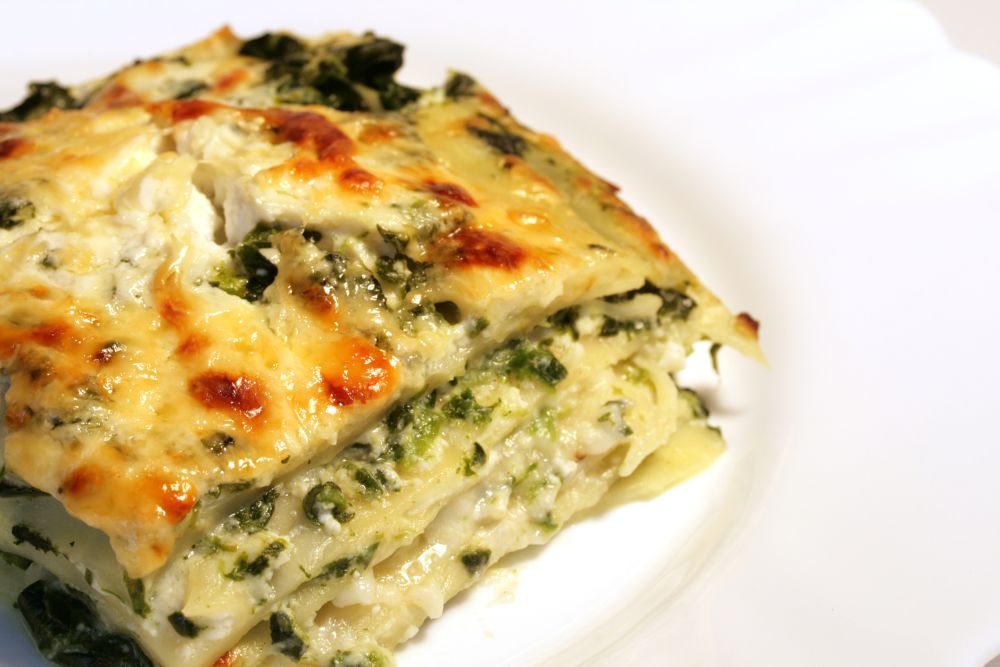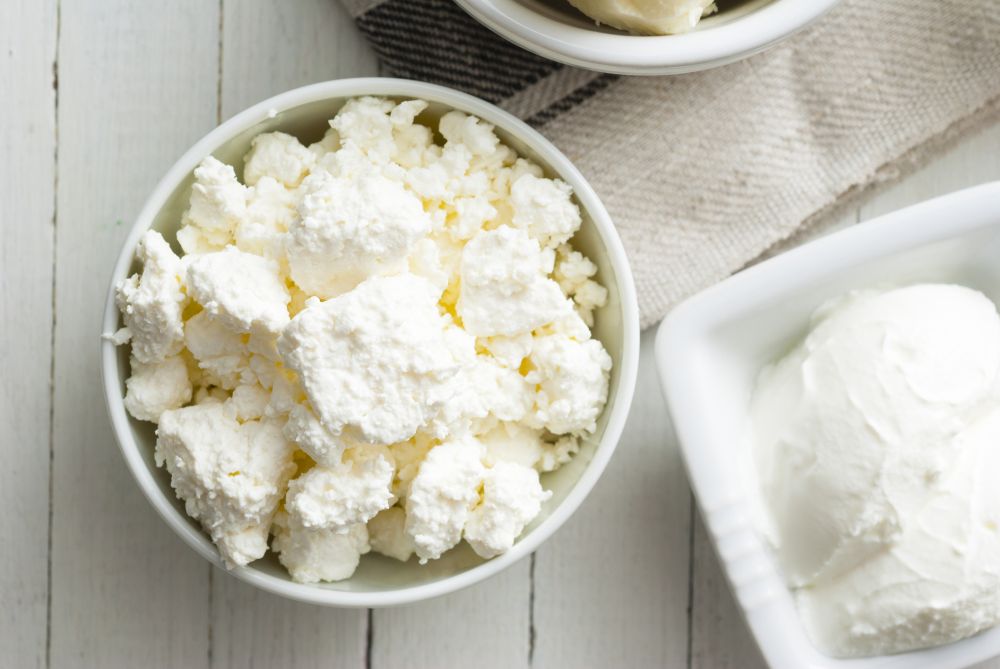Can You Freeze Ricotta Cheese? Yes, But You Have to Follow Some Rules
Ricotta cheese is delicious and can be used in so many different dishes. If you have too much ricotta leftover, you may want to freeze it so you can enjoy it later.
Using your ricotta cheese in various dishes can be done after thawing too, so let’s see what needs to be done.
Can You Freeze Ricotta Cheese?
One of our readers has reached out to us too, asking about this very issue.
I made a special recipe that used a small amount of ricotta cheese in it, and now I have almost a whole container left over. I don’t want to throw it out. Can you freeze ricotta cheese?
Yes, you can freeze ricotta cheese, although be aware that it won’t retain all of its original properties.
Ricotta cheese that’s been previously frozen is excellent for use in recipes for baked goods, but isn’t ideal for using fresh as it will be more watery than the original.
Ricotta cheese helps make pancakes fluffy and is a great addition to baked pasta dishes or casseroles. Although the texture will change once thawed, it will still be safe to use and the flavor should remain pretty much the same as fresh ricotta.
How to Freeze Ricotta Cheese?
While it is possible to freeze ricotta cheese in its original packaging, for best results it’s recommended to freeze ricotta cheese in freezer safe, airtight containers or freezer bags.
- To prepare for freezing, drain the ricotta cheese first by pressing down on it with paper towels or a dishtowel.
- Wrap the ricotta in plastic wrap or wrap it in parchment paper to protect it.
- Place the ricotta in a freezer bag and squeeze out the air.
- Label and date the package.
- Frozen ricotta is best used within 2-3 months of freezing.
- If you have a large amount of ricotta to freeze, you might consider freezing it in smaller, single-serving batches so that you don’t end up with leftover thawed ricotta.
- Never refreeze thawed ricotta.
How to Thaw Ricotta Cheese?
Since ricotta is a dairy product and contains fat, the fat will separate during freezing, causing the texture to change.
- To thaw frozen ricotta, remove the freezer bag from the freezer and place in the fridge.
- It’s not safe to thaw dairy products on the counter as bacteria may begin to grow.
- Once thawed completely, place ricotta cheese in a bowl.
- The cheese will be watery and lumpy. Drain some of the excess water off the cheese, and then stir the cheese in the bowl to return it to a creamier consistency.
Ricotta Cheese Recipes
Ricotta will not completely return to its original state, so it’s best used in recipes that will be cooked completely, such as lasagna or other pasta dishes, casseroles, or baked goods.
Ricotta freezes well when it is part of a pre-made dish, so you may consider adding your leftover ricotta to a cooked dish first and then freeze it for later consumption.
Here are some of the recipes we have that feature ricotta cheese:




Can you make fresh homemade Ricotta Gnochi with previously frozen whole milk ticotta?
I appreciate you taking time to answer this question for.
Thank you